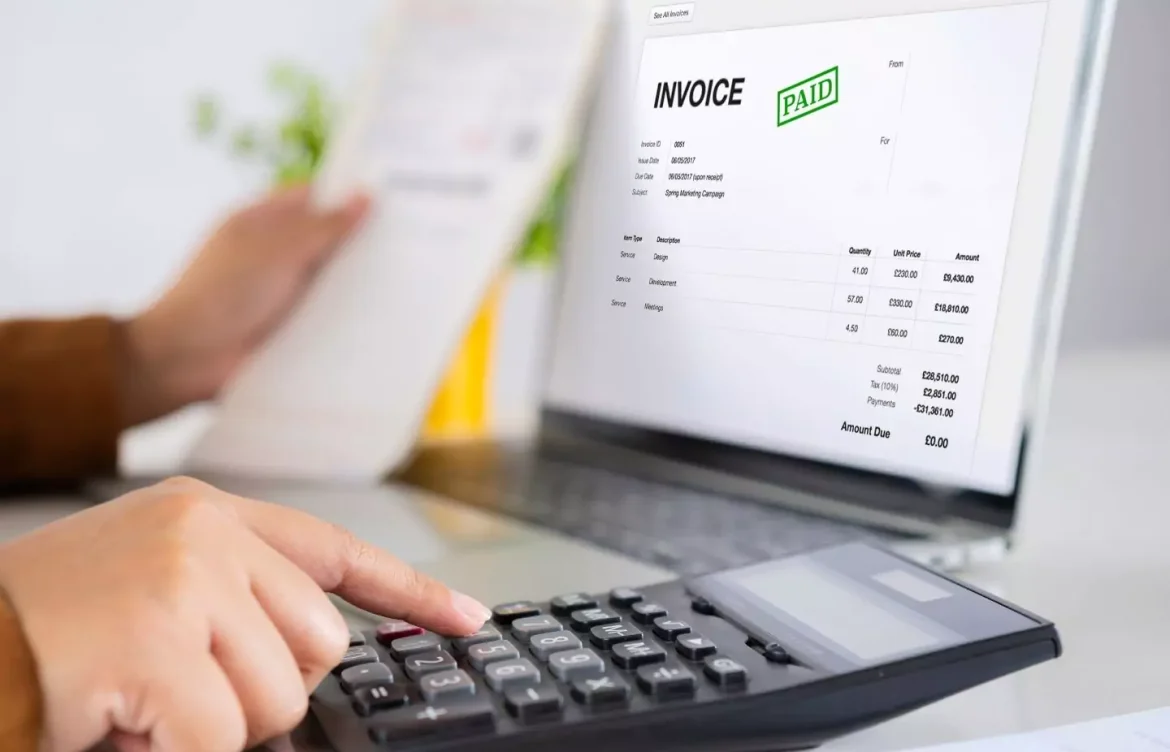
Understanding E-Way Billing system
In an era where efficiency and transparency are paramount, businesses must adapt to innovative solutions that streamline their operations. One such significant advancement in the realm of logistics and supply chain management is the E-Way bill system. E-Way billing is an electronic documentation process designed to simplify and regulate the movement of goods across and within states in India. But what exactly is E-Way billing, and why is it so essential for businesses?
What is E-Way Billing?
E-Way billing, or electronic way billing, is a mechanism introduced under the Goods and Services Tax (GST) regime in India. It mandates that any transportation of goods worth over INR 50,000 must be accompanied by an electronically generated e-way bill. This bill contains details about the goods being transported, the consignor, the consignee, and the transporter.
The e-way bill system was introduced to replace the traditional waybill system, which was often cumbersome and prone to inefficiencies and errors. The E-Way bill can be generated online through the GST portal or via SMS and is valid for varying periods depending on the distance the goods need to travel.
Why is E-Way Billing Used?
Enhanced Compliance and Transparency:
E-way billing ensures compliance with GST laws, reducing tax evasion and fostering a transparent system where the movement of goods is easily traceable. Each E-Way bill is recorded in the GST network, allowing authorities to monitor goods movement and ensure tax compliance.
Reduction in Logistic Delays:
By digitising the documentation process, E-Way billing significantly reduces the time and effort involved in generating, maintaining, and verifying transport documents. This leads to faster transit times and less idle time at checkpoints, thereby improving overall logistics efficiency.
Avoiding Tax Evasion:
One of the primary objectives of the E-Way bill system is to curb tax evasion by ensuring that all taxable goods are transported with proper documentation. This prevents underreporting of sales and ensures that the correct amount of tax is collected.
Streamlined Supply Chain Management:
The E-Way bill system integrates seamlessly with a company’s existing supply chain management systems, offering real-time tracking of goods and inventory management. This integration helps businesses plan and optimise their supply chains more effectively.
Improved Business Efficiency:
With E-Way billing, businesses can avoid the cumbersome paperwork and lengthy approval processes associated with the traditional waybill system. This efficiency translates into cost savings and more streamlined operations.
Facilitates Inter-State and Intra-State Trade:
E-Way bills facilitate the smooth movement of goods across state borders by standardising documentation and reducing the bureaucratic hurdles that previously existed. This ease of movement encourages inter-state and intra-state trade, contributing to economic growth.
Real-Time Data and Analytics:
The electronic nature of e-way billing allows for the collection of real-time data on goods movement. Businesses can leverage this data for analytics, gaining insights into their logistics operations, identifying bottlenecks, and making data-driven decisions to enhance efficiency.
Legal Framework and Dispute Resolution:
E-way billing provides a robust legal framework for the transportation of goods, reducing the chances of disputes between transporters, consignors, and consignees. In case of discrepancies, the e-way bill serves as an authoritative document.
Environmental Benefits:
By reducing the reliance on physical paperwork and promoting digital documentation, the e-way bill system contributes to environmental sustainability. Less paper usage translates to fewer trees being cut down and a lower carbon footprint for businesses.
Improved Customer Satisfaction:
With quicker and more reliable deliveries, customer satisfaction levels can increase. The ability to track consignments in real-time allows businesses to provide accurate delivery updates to customers, enhancing their overall experience.
Enhanced Security:
The E-Way bill system enhances the security of goods in transit by ensuring that all necessary documentation is in place. This reduces the risk of theft, loss, or misplacement of goods during transportation.
Cost Savings:
Reduced delays at checkpoints and streamlined documentation processes lead to significant cost savings for businesses. These savings can be reinvested in other areas to drive growth and competitiveness.
Facilitation of Government Policies:
E-Way billing aligns with government policies aimed at digitisation and transparency. By complying with this system, businesses contribute to broader economic reforms and benefit from any related government incentives.
Conclusion
The introduction of E-Way billing has marked a significant step towards modernising the logistics and transportation sector in India. By enhancing compliance, reducing delays, avoiding tax evasion, and improving overall business efficiency, E-Way billing has become an indispensable tool for businesses. As companies continue to adapt to this digital transformation, the E-Way bill system will undoubtedly play a pivotal role in shaping the future of supply chain management and logistics.
And to use E-Way billing, visit the portal E-Way Login .
